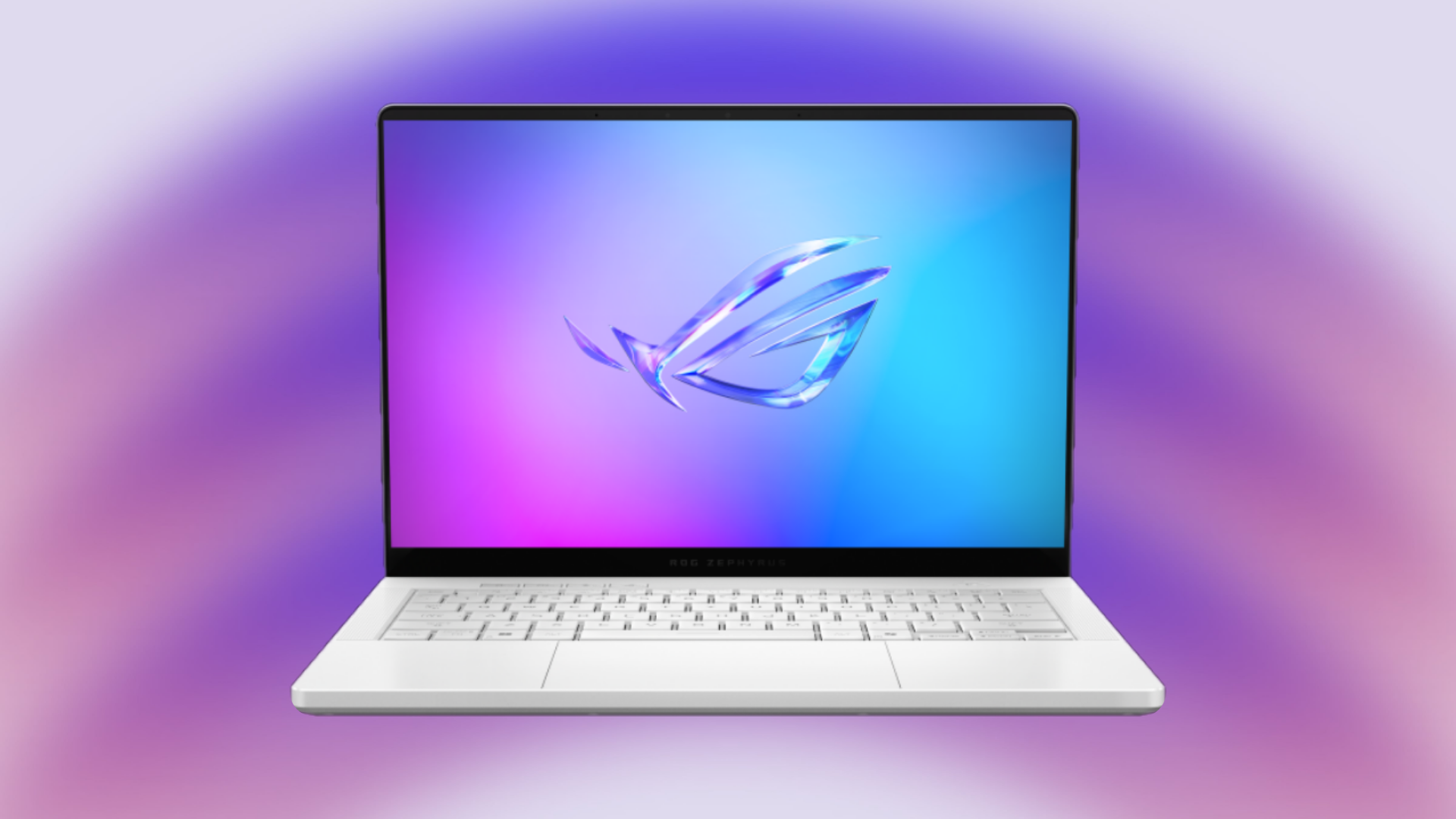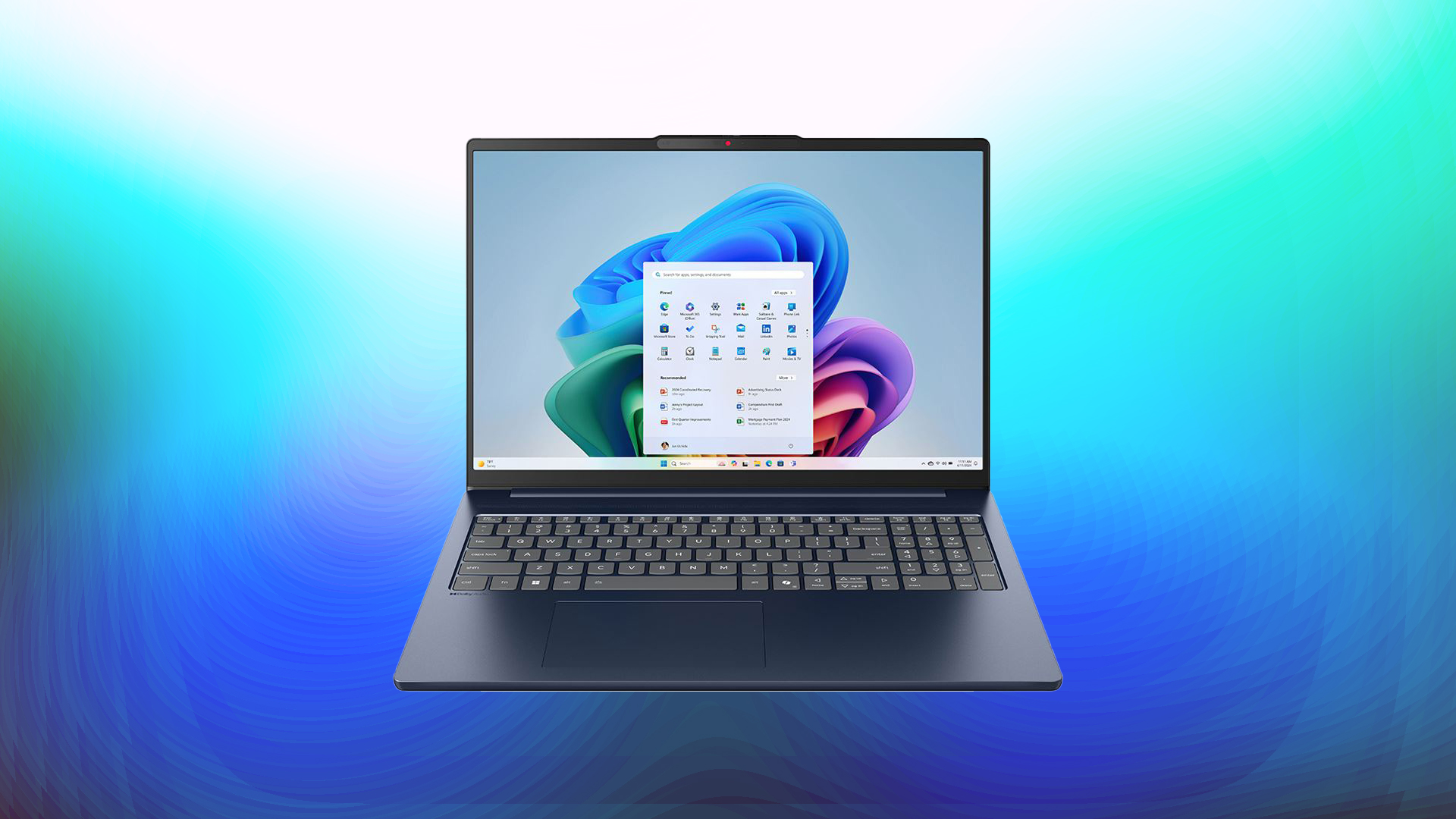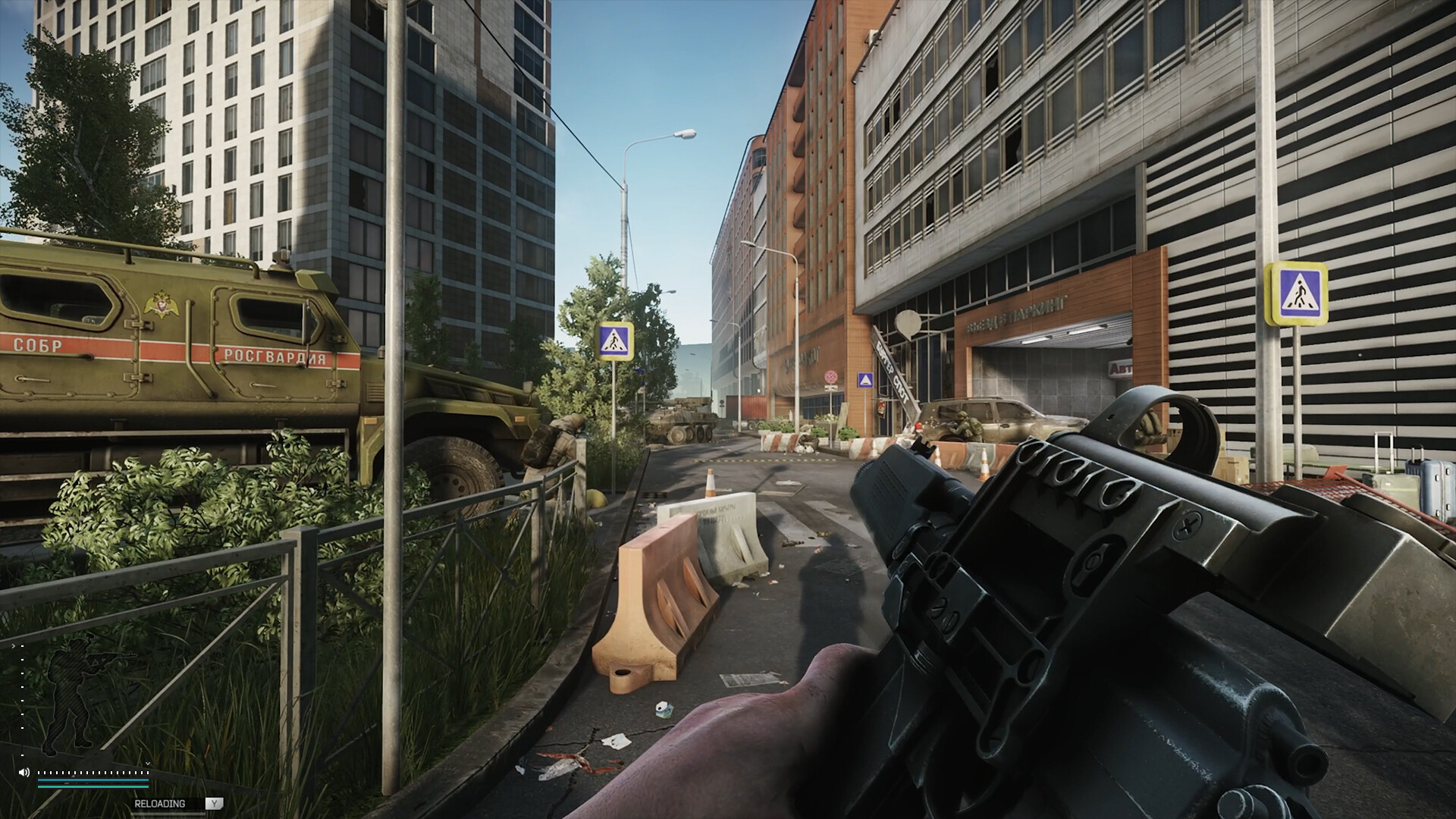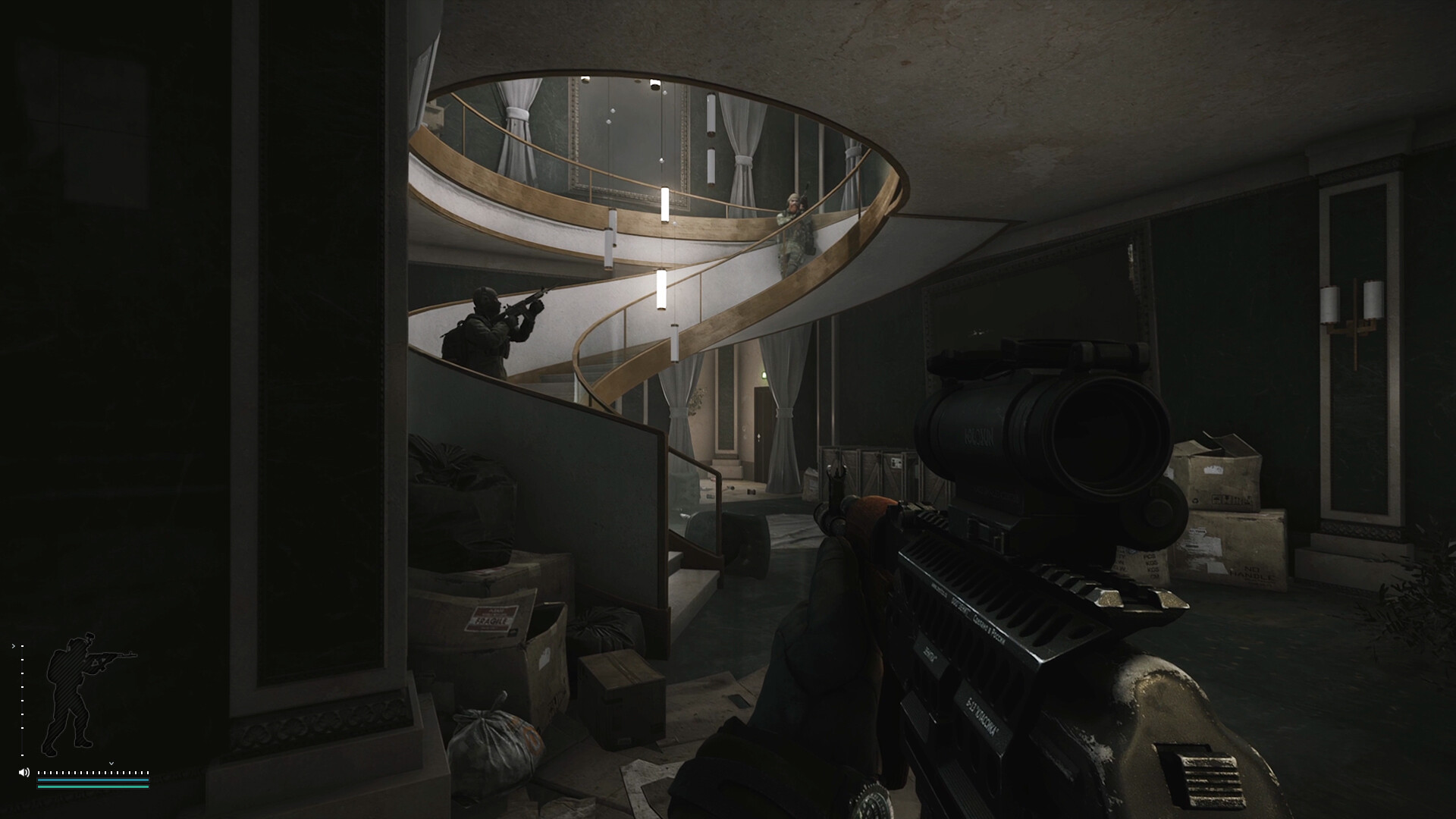RTX 4060 Laptop GPU stacked against an RTX 5050 Laptop GPU. Find out which one is the better option for you.

Both the RTX 4060 and the RTX 5050 are 8GB VRAM-powered gaming GPUs from Nvidia, which have identical core configurations to those of their desktop counterparts. The only difference is that they use newer architectures: Blackwell (5050) in contrast to Ada Lovelace. From the specs, they appear very evenly matched; one has higher memory bandwidth, while the other has more cores. Below is a comparison that highlights the differences.
Also Read: Best 5 Intel Laptops
RTX 4060 Laptop vs RTX 5050 Laptop: Detailed Comparison

Specs Comparison
Here are the specs of RTX 4060 Mobile and the RTX 5050 Mobile:
| Specifications | RTX 4060 Mobile | RTX 5050 Mobile |
| Architecture | Ada Lovelace | Blackwell |
| Lithography | TSMC 5N | TSMC 4N FinFET |
| Shading Units | 3072 | 2560 |
| TMUs | 96 | 80 |
| SM Count: | 24 | 20 |
| Tensor Cores: | 96 | 80 |
| RT Cores: | 24 | 20 |
| L1 Cache: | 128 KB per SM | 128 KB per SM |
| L2 Cache: | 32 MB | 32 MB |
| Memory Size | 8 GB | 8 GB |
| Memory Type | GDDR6 | GDDR7 |
| Memory Width | 128-bit | 128-bit |
| Memory Bandwidth | 256 GB/s | 448 GB/s |
| TDP (Configurable) | 80-150W (Typically 115W) | 35-100 W (up to 115W with Dynamic Boost |
Going by the node numbers in lithography, it may seem that both GPUs have different nodes. This is true only when data center products are considered. For instance, the data center GPUs on Blackwell utilize the TSMC N4P node, whereas consumer GPUs, including laptop models, use the 4N node, which is equivalent to Ada Lovelace. So, whether vendors state 4N for Blackwell or try to outsell you over 5N on Ada, both are essentially the same.
Aside from architectural nodes, both GPUs come with 32MB of L2 cache, which plays a vital role in determining overall performance. GDDR7 is the only major difference, and that too only matters at 1080p because most laptops with these GPUs feature 1080p panels. Very few have OLED WQHD resolution or higher. It’s at those higher resolutions where the memory bandwidth advantage becomes more relevant.
Synthetic Performance Comparison

In synthetic performance, the RTX 4060 Mobile will outperform the 5050 by 10–13%. This is due to its higher core count, which gives it more raw compute power. That said, when it comes to ray tracing, the 5050 performs better because it offers improved RT performance per generation. Performance results for the 5050 are also likely to improve over time as newer drivers are released.
| Benchmark | RTX 4060 Mobile | RTX 5050 Mobile |
| Blender (Optix) | 3624 | 2846 |
| GeekBench Open CL | 98348 | 88727 |
| 3D Mark TimeSpy | 10,500 | 9954 |
| 3D Mark Firestrike | 26496 | 27162 |
| 3D Mark Port Royal (RT) | 5912 | 6124 |
Gaming Performance Comparison
The data is sourced from Game Test’s YouTube channel, where the person tested two laptops with RTX 4060 and RTX 5050 GPUs with near identical specs at 1080p low settings.
| Games | RTX 4060 Mobile | RTX 5050 Mobile |
| Forza Horizon 5 | 95 FPS | 87 FPS |
| Cyberpunk 2077 | 75 FPS | 62 FPS |
| The Witcher 3 (RT) | 41 FPS (Ultra settings) | 43 FPS (Ultra Settings) |
| Hogwarts Legacy | 78 FPS | 73 FPS |
| Red Dead Redemption 2 | 68 FPS | 70 FPS |
| Starfield | 64 FPS | 62 FPS |
From the data above, both GPUs perform nearly identically at 1080p, as both feature equal L2 cache. If the 4060 had more L2 cache along with its additional cores, there would have been a more significant difference. Right now, you can find attractive deals on laptops with 4060 graphics, while those with the 5050 are targeted at users who prefer the latest technology and are willing to pay a premium.
Apart from DLSS MFG, which is exclusive to the Blackwell architecture, there isn’t much of a difference. While the Blackwell architecture does offer better memory compression, with only 8GB of VRAM, it’s unlikely to meet high expectations.
Final Verdict on RTX 4060 Laptop vs RTX 5050 Laptop
Gamers seeking 100% P3 or sRGB color space support on a 4060 laptop can get it at a significantly lower price, with options available featuring either Ryzen or Intel CPUs. In contrast, the same model with a 5050 GPU will cost approximately $250–$300 more. Considering such a price premium, you could instead look for a 4070-powered laptop on sale.
Also Read: 3 Best RTX 5050 Laptops for Budget Gaming
We provide the latest news and “How To’s” for Tech content. Meanwhile, you can check out the following articles related to PC GPUs, CPU and GPU comparisons, mobile phones, and more:
- 5 Best Air Coolers for CPUs in 2025
- ASUS TUF Gaming F16 Release Date, Specifications, Price, and More
- iPhone 16e vs iPhone SE (3rd Gen): Which One To Buy in 2025?
- Powerbeats Pro 2 vs AirPods Pro 2: Which One To Get in 2025
- RTX 5070 Ti vs. RTX 4070 Super: Specs, Price and More Compared
- Windows 11: How To Disable Lock Screen Widgets
 Reddit
Reddit
 Email
Email


